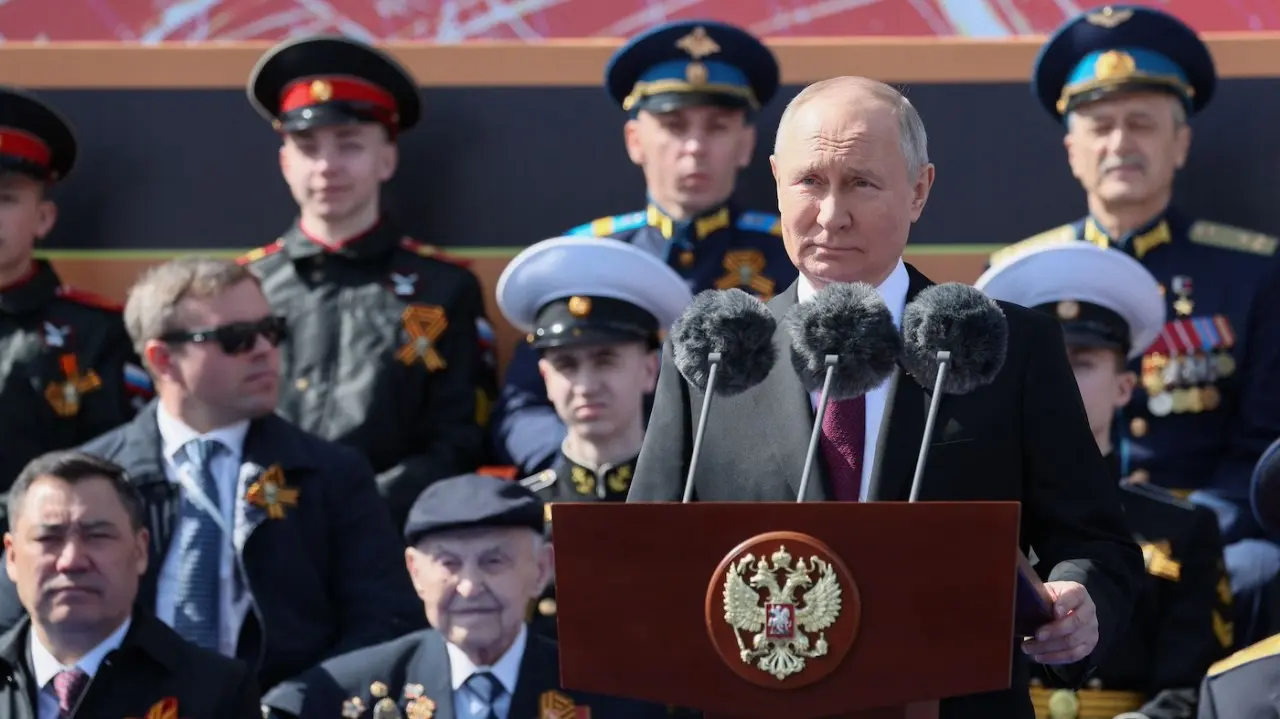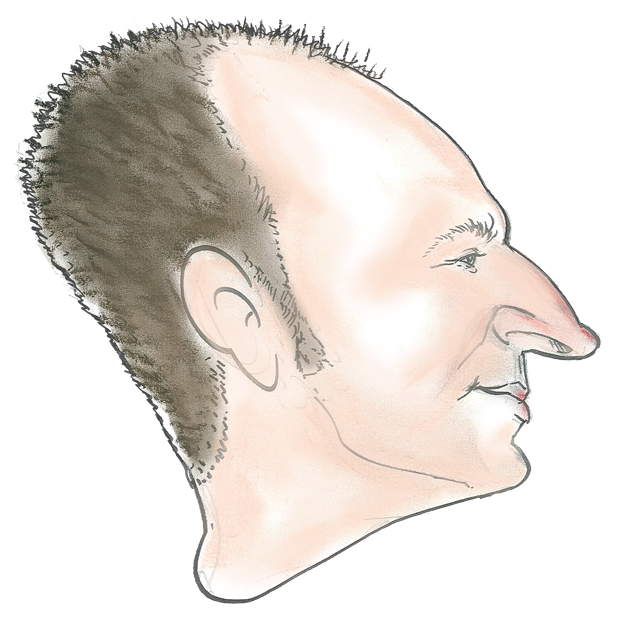Opinion piece by professor of political science Alexander J. Motyl.
A synopsis of sorts from the first few paragraphs:
Analysts of Russia differ about many things, but the most important difference concerns their interpretation of the roots of Russia’s ongoing aggression. One side argues that Russian history and political culture are to blame — or, to put it more simply, uniquely Russian characteristics are the cause of Russian aggression. The other side argues that the causes are not uniquely Russian, but typical of the behavior of certain kinds of states, regimes, societies and leaders.
Unsurprisingly, historians of Russia and Ukraine tend to fall into the first camp, while political scientists with a comparative bent tend to fall into the second camp. Equally unsurprisingly, the first camp sees no easy solutions to Russia’s current behavior, precisely because it’s just a continuation of an age-old pattern of Russian behavior inspired by the inalterable Russian soul.
[…]
In contrast, social scientists are often somewhat more bullish about Russia’s prospects of change. Other countries have abandoned centuries of authoritarianism, so why not Russia? It may not be easy, but it’s surely possible, with the right array of policies and under the appropriate conditions.
[…]
So, who’s right? Alas, both perspectives are, and that’s why there is no easy answer to the problem of Russian imperialism.
Never forget that Russia was also an instigator in WW II and stared as an axis power and later partially switched sides but then kept the countries they had conquered so really they were just the surviving axis power.
A wiki link to the Molotov-Ribbentrop Pact in case people don’t know about it. Stalin essentially made a deal with the Nazis so they could annex a huge chunk of eastern Europe
Are Western analyses going to be so limited in scope from now on that there is absolutely no need to ask (let alone answer)̉̉̉ the question: has Russia in any way been provoked?
Never let is be asked: is there an ever-so-slight possibility that this might be blowback from something the West did.
I am not saying that the West is solely responsibly for Russian violence but it certainly cannot be said that the West played no part. This continual inability to question “our own” behaviour is going to mean mistakes are never going to be acknowledged and learned from in order to help us to avoid making serious, hugely deadly mistakes in future.
What you are saying is that in domestic violence cases we should ask if there’s an ever-so-slight possibility that the soup was a bit cold. It doesn’t fucking matter, Ukraine is a sovereign country and has done nothing against Russia’s sovereignty and that’s the end of it - unless you want to entertain Hitler’s excuses to invade Poland over their alleged policy towards Danzig/Gdansk too
Are Allied analyses going to be so limited in scope from now on that there is absolutely no need to ask (let alone answer) the question: has Hitler in any way been provoked?
Never let is be asked: is there an ever-so-slight possibility that this might be blowback from something the Allies did.
(I agree completely with your sentiment, but Hitler’s rise to power was helped greatly by reparations placed on Germany after WW1, Nazi propaganda loved to remind people about it)
I’m interested in examples. The West loved Gorbachev, is that why he was deposed? Were all the satellite countries that all split off during the collapse of the USSR being manipulated by the West to do so? I agree that Putin is essentially a backlash reaction by the Russian powers that be, and they’ve been pretty open about getting the band back together, but why. I see them looking back to the glory days and wanting them back, but for a while there Russia was looking pretty good on the global stage. They had oil money, business, influence but it wasn’t enough. That’s the part I don’t get: what is enough for Russia, and is it cultural, historical, foreign influence, or something else that drives them. They seem to love shooting themselves in the foot and I don’t understand why.
Never let is be asked: That Ukraine gave up it’s ultimate deterrent, nuclear weapons, in favor of having the guarantee of russia they will not bother Ukraine, that russia stole Crimea and Ukraine nor the west did not go full blown war over it.
You are an idiot making excuses for the war mongers in russia. They rolled into a country without provocation but under the umbrella of broken promises and already stolen Ukraine land.
🤖 I’m a bot that provides automatic summaries for articles:
Click here to see the summary
The other side argues that the causes are not uniquely Russian, but typical of the behavior of certain kinds of states, regimes, societies and leaders.
The likelihood of imperialism persisting in Russian minds and politics therefore means that, unless the West is willing to pursue total victory, it will have to settle for second best: containment.
Russia’s neighbors — the former Soviet non-Russian republics — would have to be armed militarily and supported economically to serve as an effective cordon sanitaire.
The solution is simple to imagine, but, given the West’s reluctance to expend resources on foreign policy entanglements, it will have to prioritize and devote its efforts to the countries that matter most to its own security and survival: Ukraine, Moldova and Belarus, which will have to be weaned off Russia after its authoritarian president, Alexander Lukashenko, leaves politics.
Perhaps taking his cue from Leonid Brezhnev’s mismanagement of the Soviet Union, Putin is rapidly transforming Russia into an unviable state, society and economy, thereby undermining its capacity to expand and win wars.
That may be the most stable solution to the Russian imperialist drive: Mother Russia’s self-transformation into a loud-mouthed banana republic with delusions of grandeur.
Saved 77% of original text.



